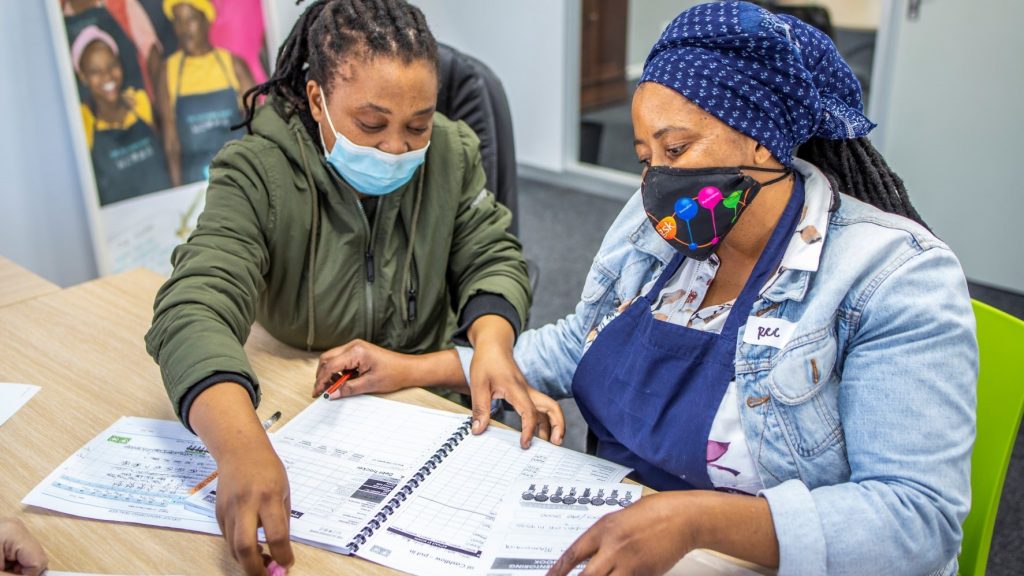AI is disrupting education. But despite what the headlines (and some ChatGPT horror stories) might suggest, South African teachers aren’t being replaced — they’re…
The Clothing Bank named on global Top 100 social impact companies list

South Africa’s innovative social enterprise group, The Clothing Bank (TCB) has made it onto a list of global corporate-ready social enterprises along with similar organisations from 43 countries.
Non-profit impact investment fund Acumen recently launched the Corporate-Ready: How Corporations and Social Enterprises Do Business Together to Drive Impact report with the support from IKEA Social Entrepreneurship and partners. This research highlights new survey data that demonstrates how social enterprises bring inclusion, sustainability, and social impact into corporate value chains.
The Clothing Bank helps formerly unemployed women and men generate more than R60 million in annual profit
It is compiled from data gathered through a first-of-its-kind survey of more than 150 social impact-oriented businesses worldwide, with the report also providing recommendations for how companies can use their procurement spending, estimated at $13 trillion globally, to source from social enterprises and advance their environmental and social commitments.
“Our group’s success has always been built on power partnerships with corporate South Africa. We have a blueprint that can work globally,” says COO and TCB co-founder Tracey Gilmore.
“Our programmes create self-employment opportunities and address retail supply chain waste – it’s a win-win situation. We are thrilled that our work has been formally recognised in this highly respected global report.”
TCB creates self-employment and small business opportunities for unemployed individuals while also reducing retail chain waste.
The Corporate-Ready report includes a list of 100 examples of business partnerships between corporations and social enterprises, reveals how social enterprises meet corporate customer needs by offering product differentiation, cost savings, or increases in efficiency while delivering more jobs and better livelihoods for marginalised and vulnerable groups.
“This research has shown us how the success of social enterprises and of corporations are intertwined,” comments Yasmina Zaidman, Chief Partnerships Officer at Acumen.
“These corporate-ready social enterprises are helping corporations solve business challenges while driving major progress on their sustainability and inclusion goals.”
The research was supported by SAP, Ernst & Young LLP, Autodesk Foundation, Solidaridad, Porticus, Argidius, and 60 Decibels, and developed with the oversight of the World Economic Forum COVID Response Alliance for Social Entrepreneurs, a network of more than 85 organisations supporting the social enterprise ecosystem.
Read more: New programme offers opportunities for unemployed South Africans
Featured image supplied by The Food Bank


